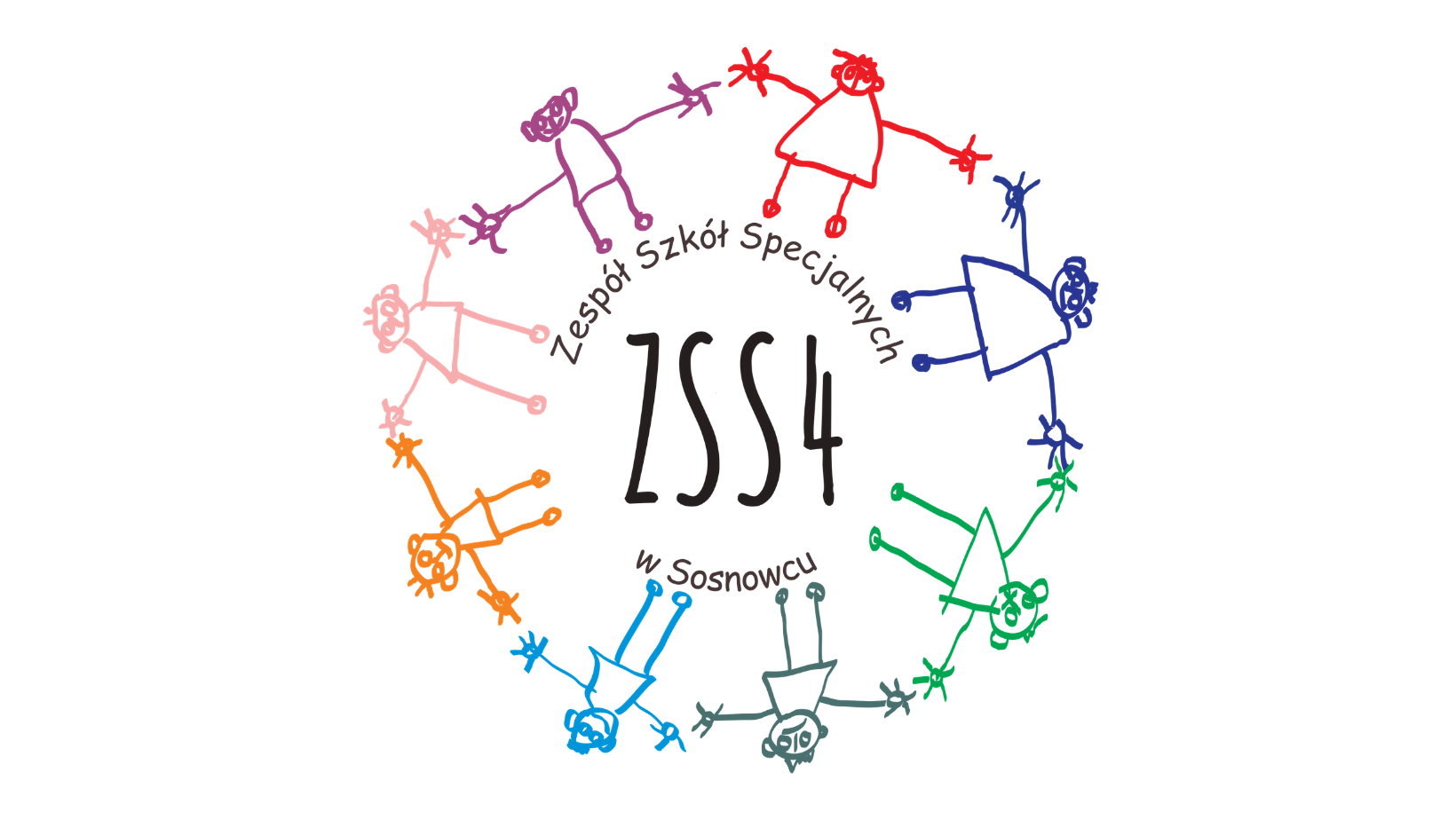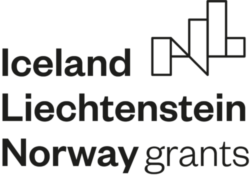The Vocational Activation Center is the second concept of an entity supporting the employment of people with disabilities in the „AION” project, after the Continuing Education Center. In Poland as well as in the world, as our cooperation with Icelandic entities shows, it is necessary to introduce additional mechanisms to improve the transition of people with intellectual disabilities from the educational stage to work on the open market. Employment support solutions operating in the general system are little available to this group of people. They require a high degree of independence and are often associated with the issue of recognition/recognition of qualifications. Unfortunately, the vast majority of people with more severe disabilities are unable to meet the requirements of state vocational examinations and there is no other form of recognition of qualifications. Therefore, it is difficult to determine the level of competences of this group of people in a way available to employers, the vast majority of whom are not prepared to recruit and employ people with disabilities, especially intellectual ones. As the data we have collected shows, many employers have never dealt with people with intellectual disabilities and have not yet thought about employing them. Even the PUP employees themselves, at the beginning of our cooperation, needed a lot of detailed information and descriptions before they started the project of organizing supported internships. This creates a kind of barrier of fear and ignorance that limits the access of many people with disabilities to the labor market. In this context, the idea of organizing an entity intermediating in the transition from school to the labor market and supporting employment, especially in its initial phase, was born.
The aim of the Vocational Activation Center is to build dialogue between educational and therapeutic institutions and the open labor market for adults with disabilities. The key element of this system is the Labor Office, which offers the greatest access to employers, and one of its statutory activities is supporting the employment of people with disabilities.
As part of the project, we managed to work out together with PUP Sosnowiec the path of organizing supported practices still in the school education, the next stage of which is to undertake a professional internship financed from PUP funds, and ultimately employment based on an individual employment contract.

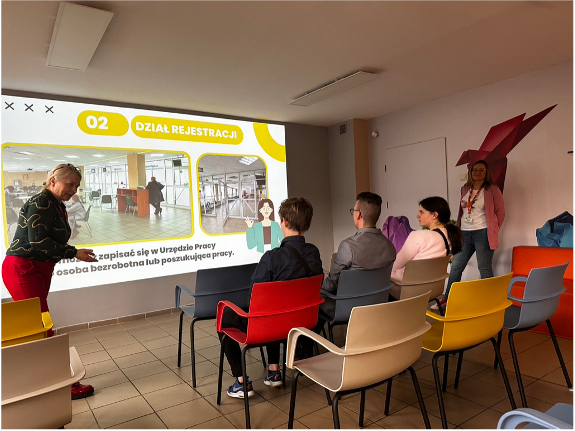
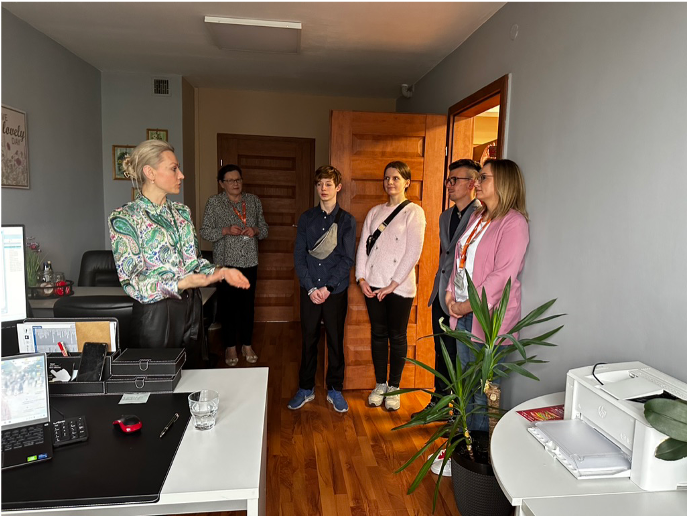
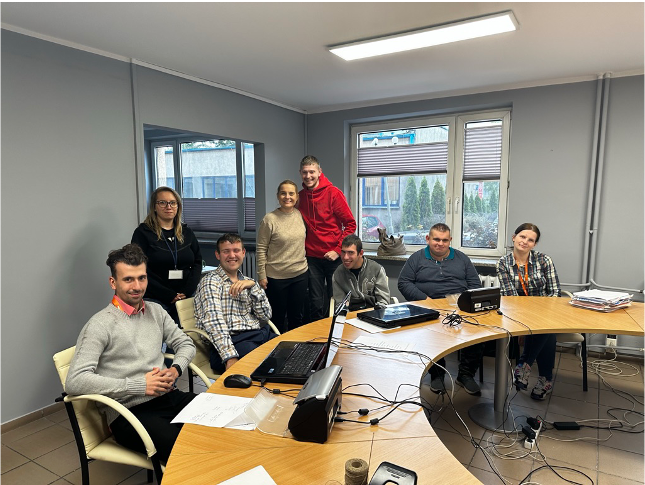
Praktyki w Państwowym Urzędzie Pracy
As our experience in supporting the employment of people with disabilities shows, competences in two areas are key:
- Competencies directly related to work activities – which we took care of developing both at the school stage (see „For schools”) and after graduation (see continuing education)
- Soft, personal competences – which, in principle, should also be developed at the school education stage and undoubtedly are, but to a lesser extent in relation to strictly work-related situations. This is largely due to the highly simulation nature of school education, already indicated elsewhere, and the safe, supportive school environment in which it is sometimes difficult to prepare students for all the often difficult and challenging social situations. However, as many of our experiences show, they are often crucial not so much for finding a job, but for maintaining it and further professional development. In this context, three specialized laboratories were created to support the development of communication, personal and motivational competences, and a detailed educational program adapted to them called „Personality Orangery”.
We sincerely hope that our conservatory will complement all previous educational solutions in the field of professional preparation with this extremely important aspect of personal competences and soft competences of future employees with intellectual disabilities.
As we mentioned earlier, in many countries and systems there is a problem of recognizing and recognizing the qualifications of people with disabilities. General qualification systems remain beyond the reach of these people, and others more suitable for them are not very accessible and understandable to employers. In response to these needs, an attempt was made to adapt the e-portfolio method for the purposes of documenting the learning process and creating an individualized interactive portfolio that can act as a kind of CV giving a potential employer a detailed insight into the specifics of a given person’s functioning and work. You will find a concise summary of the developed materials guide to this method (see For Schools), which harmonizes wonderfully with Formative Performance Assessment.
The previously highlighted lack of employers’ knowledge of the specific functioning of people with disabilities, as well as the varied knowledge of available forms of employment support for this group of employees, led us to develop concise guides for employers and employees. There you can find basic information about formal, organizational and financial possibilities of supporting the employment process of people with disabilities.
The key element of CAZ is the job placement itself. People with disabilities often cannot find their way in the space of popular job placement websites, or are unable to break through the huge competition of people in the broadly understood intellectual standard. In response to this situation, a simplified employment portal was developed, dedicated in particular to people with disabilities. It allows potential employers to post job offers as well as job advertisements for job seekers. We really hope that thanks to cooperation with PUP Sosnowiec, we will be able to actually use this innovative portal.
To sum up, within the Professional Activation Center you can find:
- Program for the development of soft and personal skills related to work for people with intellectual disabilities;
- Information for employers interested in employing people with disabilities;
- Information for people with disabilities interested in taking up work;
- Job placement portal for people with intellectual disabilities;
- Supported Practice Process
